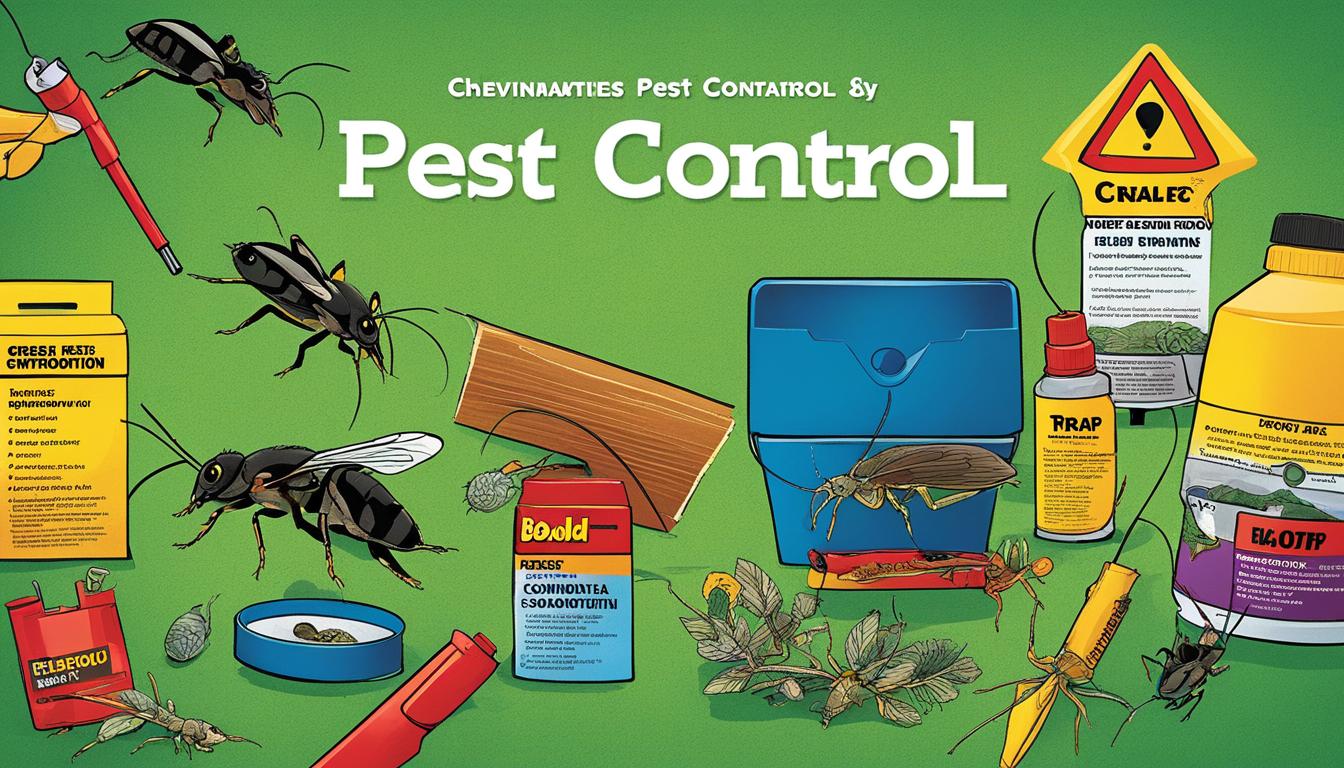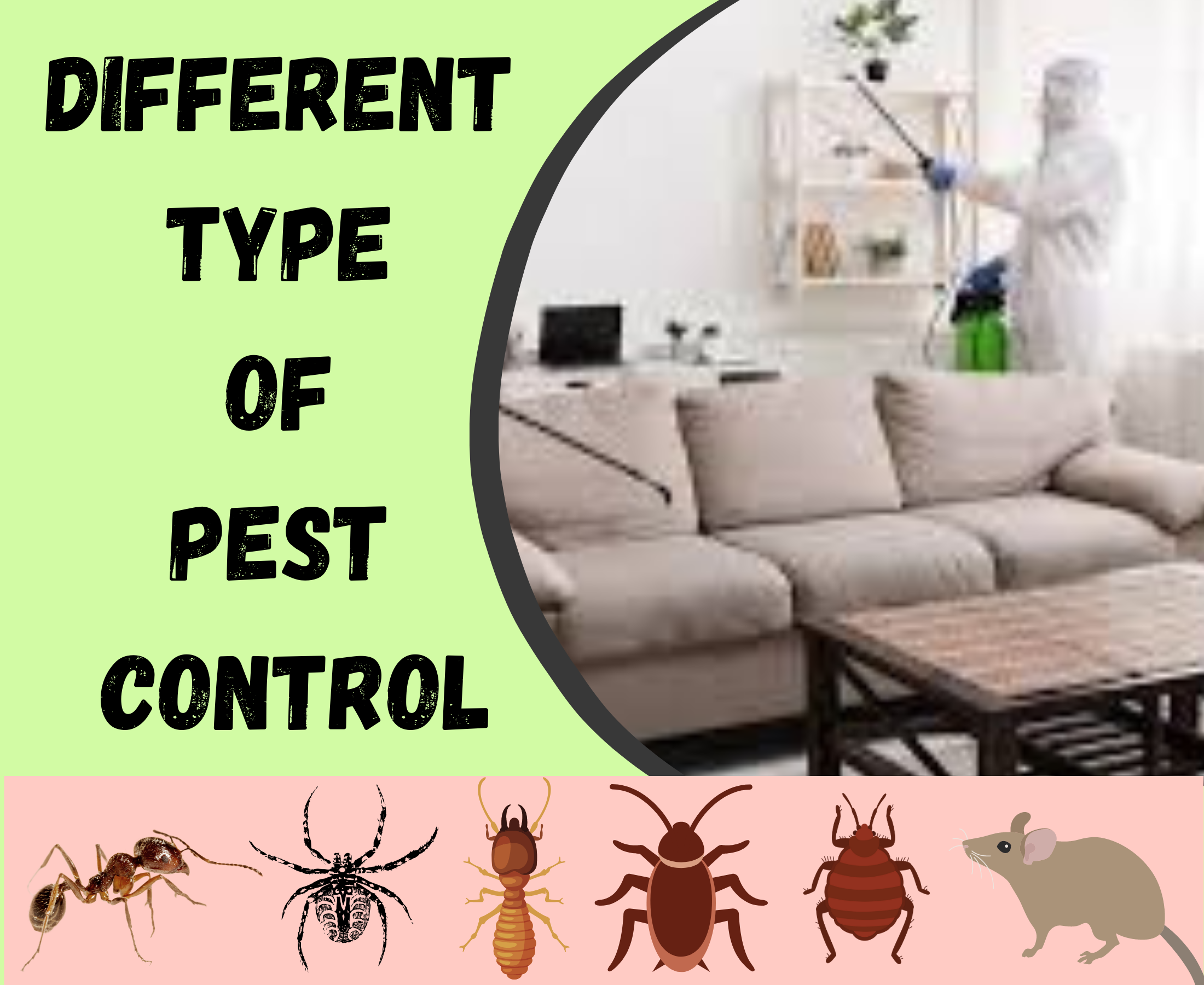The Best Strategy To Use For Pest Control
The Best Strategy To Use For Pest Control
Blog Article
The Facts About Pest Control Revealed
Table of ContentsPest Control Can Be Fun For EveryoneThe Main Principles Of Pest Control Pest Control - Truths9 Easy Facts About Pest Control ShownFacts About Pest Control Uncovered8 Simple Techniques For Pest Control
Our searchings for reveal that the initial analysis will set you back anywhere from $160-$300 on standard. Ideally, property owners must arrange analyses for their homes at the very least annually. From there, several exterminators set costs based upon the customer's details requirements. This normally sets you back anywhere in between $400-$1000 for the whole year's protection, with month-to-month or bi-monthly visits currently rolled right into the last expense.Depending on the problem, a work that needs a single see commonly costs $300 to $550. These are the most convenient costs to describe in your insect control costs list.
Insects that usually calls for continuous sees consist of: Cockroaches. Crawlers. Termites. Ticks. Rodents. Our findings show that a preliminary visit has to do with $180 and is the initial of a recurring contract. The first see is where you do the exploring that will certainly assist you find out a solution. Throughout this very first see, you must: Assess the issue. Pest Control.
In general, the regularity of periodic check outs is: Every month: $40 45. Parasite control is a chemically-intensive company. Chemicals are the vital materials that pest control specialists make use of to complete a work.
Some Known Questions About Pest Control.
Vital products and materials you'll use include: Respirator. Your tools should be included as part of your overhead costs. If you have workers, then labor expenses are going to be the largest costs for your organization.
Limitations of Chemical Management Be able to analyze pest problems, determine if administration is required, and make appropriate referrals using IPM techniques. Be familiar with different methods of insect management - their benefits and restrictions.
This phase discusses (IPM), a technique that makes use of understanding regarding pests and their, practices, nonchemical techniques, and chemicals to manage bug troubles. Extra info concerning IPM for details plants is included in chapters that focus on those plants. Nonchemical bug control actions are stressed in chapter 17, "Organic Horticulture." Handling birds and mammals is covered in chapter 20, "Wildlife." Managing in the backyard and garden is covered in chapter 6, "Weeds." Pests in a yard or landscape might include insects and termites, weeds,, mammals, and birds.
The Basic Principles Of Pest Control
Lots of people hurry to draw, hoe, or spray every weed they see. Pests and weeds, however, play a duty in the. After planting a garden or developing a lawn, the natural procedure of plant succession starts to improve and nonnative plants. A weed expanding in a yard stands for the very first stage in a series of occasions that, if permitted to continue, might eventually result in a woodland.
What we call "parasites" belong to an all-natural system at the office. A community has no bugs. Just humans take into consideration specific types parasites when they occur where they are not desired. We will certainly be a lot more successful in handling unwanted species when we understand that these microorganisms comply with predictable patterns that we can utilize to our benefit.
Bugs prone to a pesticide were quickly eliminated, leaving resistant ones to reproduce and multiply. It became clear that pesticides alone would not solve all insect problems.
An IPM strategy permits some level of parasites in the atmosphere. Pests are much less most likely to survive a program that makes use of several methods of lowering their populations. Integrated parasite management was first recommended by entomologists because bugs were the very first team of pests to show hard to manage with chemicals alone.
Indicators on Pest Control You Need To Know

Management as opposed to obliteration of parasites is the objective. An IPM plan begins with a cautious evaluation of each bug invasion. Just then can one make a decision concerning the proper strategies needed to subdue insect tasks. The life process of the bug, possible damages, all-natural enemies, and results of weather condition, amongst other factors, are thought about prior to a control plan is applied.
Clover expanding in a lawn may be considered as an unwanted weed, but as a vegetable it is synthesizing nitrogen for the dirt and the blossoms are providing nectar to honey bees and various other. Tolerance for some weeds may be component of an IPM plan. might be consuming the fallen leaves of a plant, however when they are recognized as the larvae of Eastern tiger swallowtail butterflies, their damage may be endured so we can enjoy the lovely butterfly.
Matt Bertone Prevention is the very first device in pest administration since it is the most effective, the very least expensive, a lot of eco friendly solution. Choosing a healthy and balanced plant that grows in the wanted area with the available light, planting it very carefully, and ensuring that it has click for source adequate water and nutrients protects against anxiety and decreases bug issues.
What Does Pest Control Mean?
The second most vital tool in pest administration is very early intervention. Existing and watchful in the yard guarantees very early detection. Responding to problems swiftly, before they have time to multiply, needs a much less dramatic treatment. The third crucial device is recordkeeping; tracking what occurs in the yard enables a garden enthusiast to identify patterns and make informed choices.
Many safe, useful, Website nonchemical approaches of plant security and insect administration might minimize or eliminate the requirement to spray. Various other techniques are most helpful when made use of with chemicals. To apply administration methods appropriately and to minimize losses, garden enthusiasts ought to be conscious of the sorts of parasites that assault plants and recognize pest biology.
Parasite management approaches come under 4 teams: social, mechanical, organic, and chemical. Maintaining plants healthy and stopping plant stress and anxiety aids plants to better stand up to and repair the damage created by a pest or mite parasite. Some proof indicates that healthy plants resist infestation by bugs far better than plants with reduced vitality.
Conducting a soil examination and using just the recommended amount of fertilizer and lime makes best use of the benefit to the plant while minimizing problems associated with extreme use fertilizer. Treatment the dirt with a number of inches of mulch secures the plant in a number of ways: decreasing dirt water loss to dissipation, reducing weed competition, offering nutrients, and creating a suitable atmosphere for earthworms and microbes that keep the soil loosened for roots and damage down organic product to launch nutrients.
Pest Control for Beginners

If tilling is considered necessary, consider doing it in the fall when the life cycles of several pests brings them near the surface area. At the surface, parasites come to be revealed to the climate in addition to birds and other natural enemies. Autumn tilling can also damage pests in crop deposits. Usage disease-free and insect-free licensed seeds and plants if available.
Report this page